
Sustainability at Peter Greven Physioderm
The topic of sustainability has been important at Peter Greven since the company was founded more than 100 years ago. We are aware of our corporate responsibility and want to make our contribution to a sustainable economy. Therefore, in all our decisions, we attach great importance to never losing sight of the issue of sustainability and to constantly improving ourselves in this respect.
Deeply rooted in the region, we develop and produce our skin care products exclusively in Germany. The use of high-quality raw materials, uncompromising quality controls, efficient logistics and maximum flexibility are what set us apart.
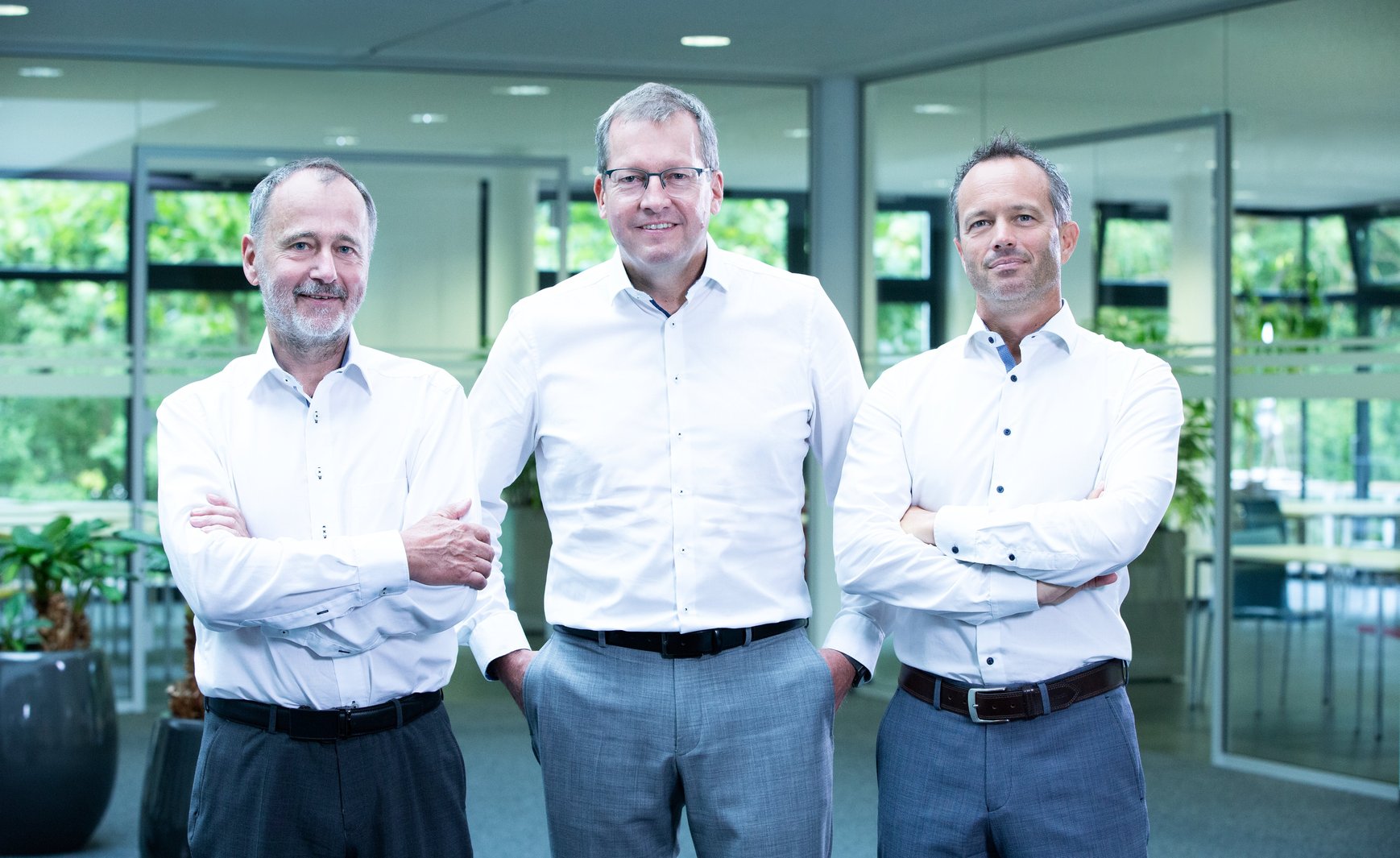
The Peter Greven Group
More than 450 employees work for the Peter Greven Group worldwide. This also includes numerous trainees, e.g. as warehouse logistics specialists or machine & plant operators. Sustainability Manager Verena Koch is responsible for the entire Peter Greven Group.
Employees of different nationalities are employed in the company. On the one hand, we strive to train and promote young talents, and on the other hand, we rely on the many years of experience of our employees. The exchange between young and old is what makes our success.
The picture shows the managing directors of the Peter Greven Group (from left to right): Dr. Hermann Josef Stolz, Peter Greven, Werner Heiliger

Responsible Care Global Charter
Responsible Care® is the global, voluntary initiative of the International Council of Chemical Associations (ICCA). The Responsible Care Global Charter sets out the various aspects of responsible corporate governance to which the signatory companies commit. Since 2018, we have also been part of this initiative for sustainable corporate governance.
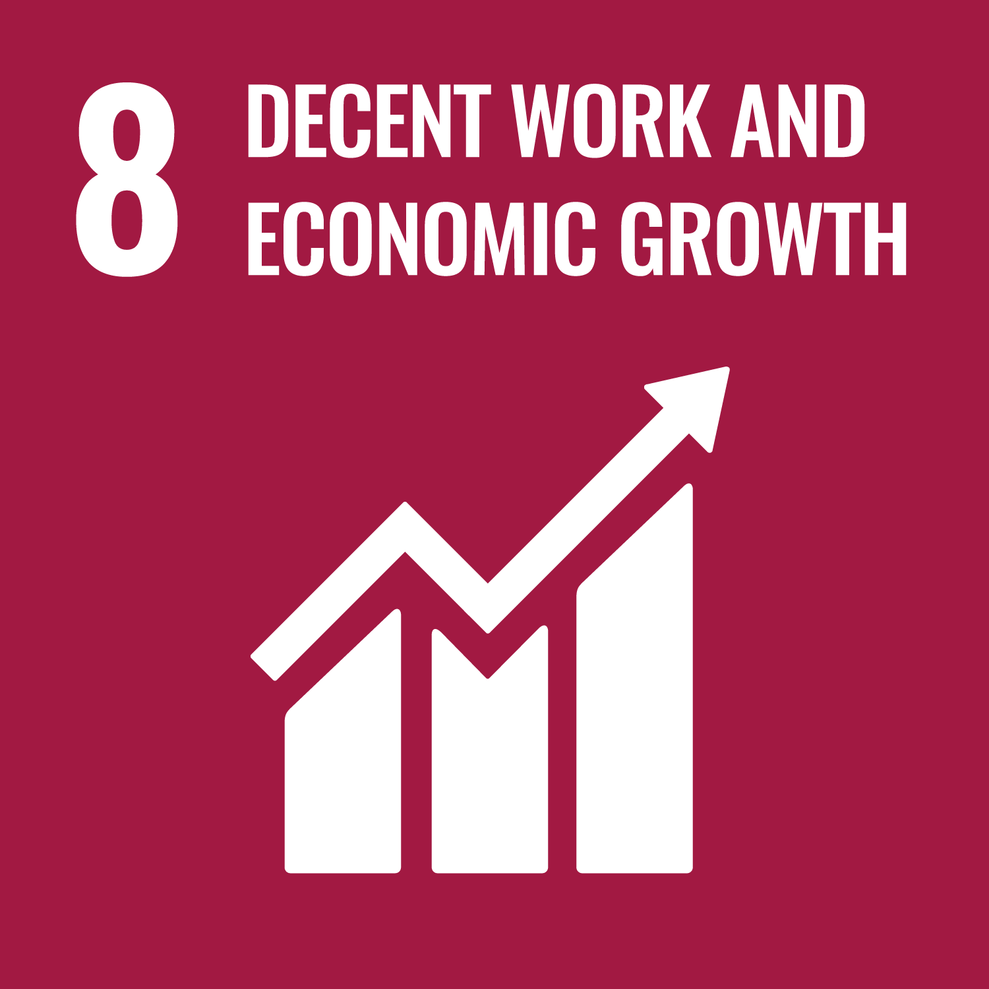
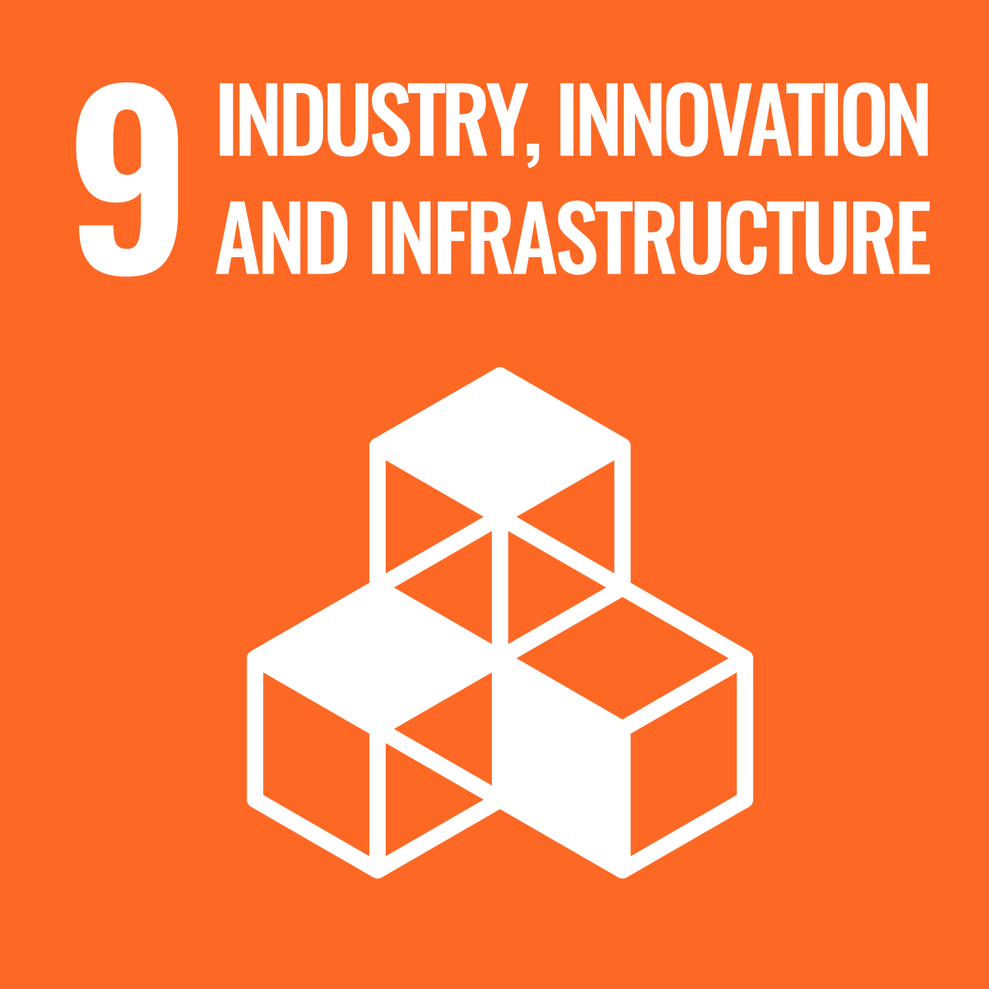
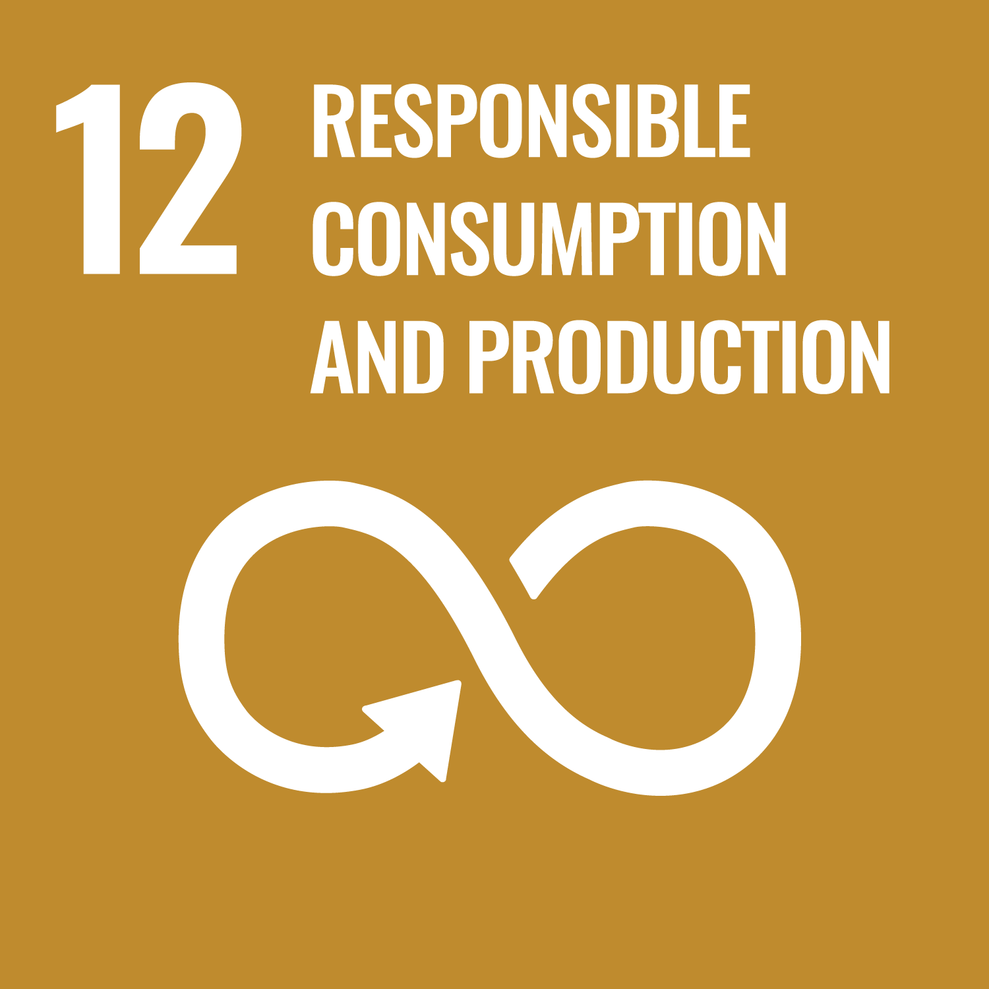
used come from renewable sources. We support the production of sustainable palm oil through our memberships in RSPO.
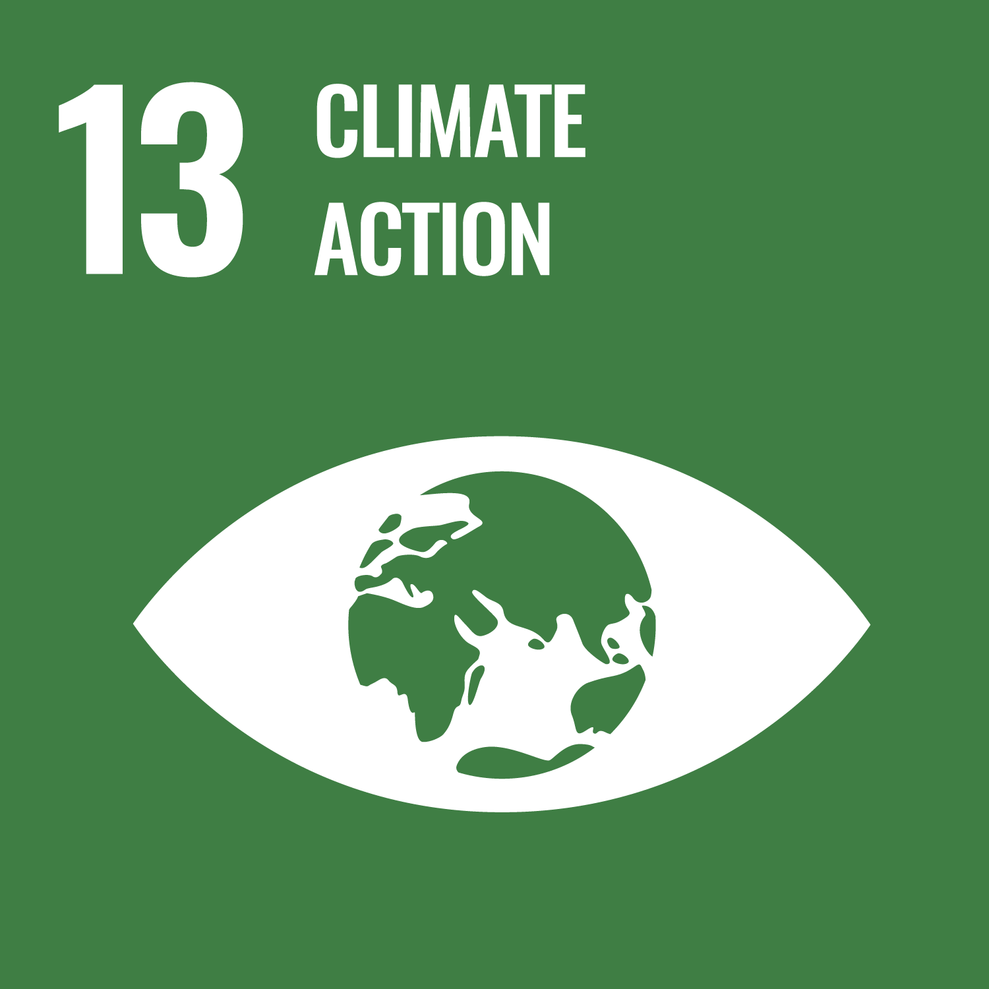
Sustainable Entrepreneurial Action
We support the United Nations Sustainable Development Goals (SDGs) and want to contribute to achieve them. Our focus is put on the following SDGs:
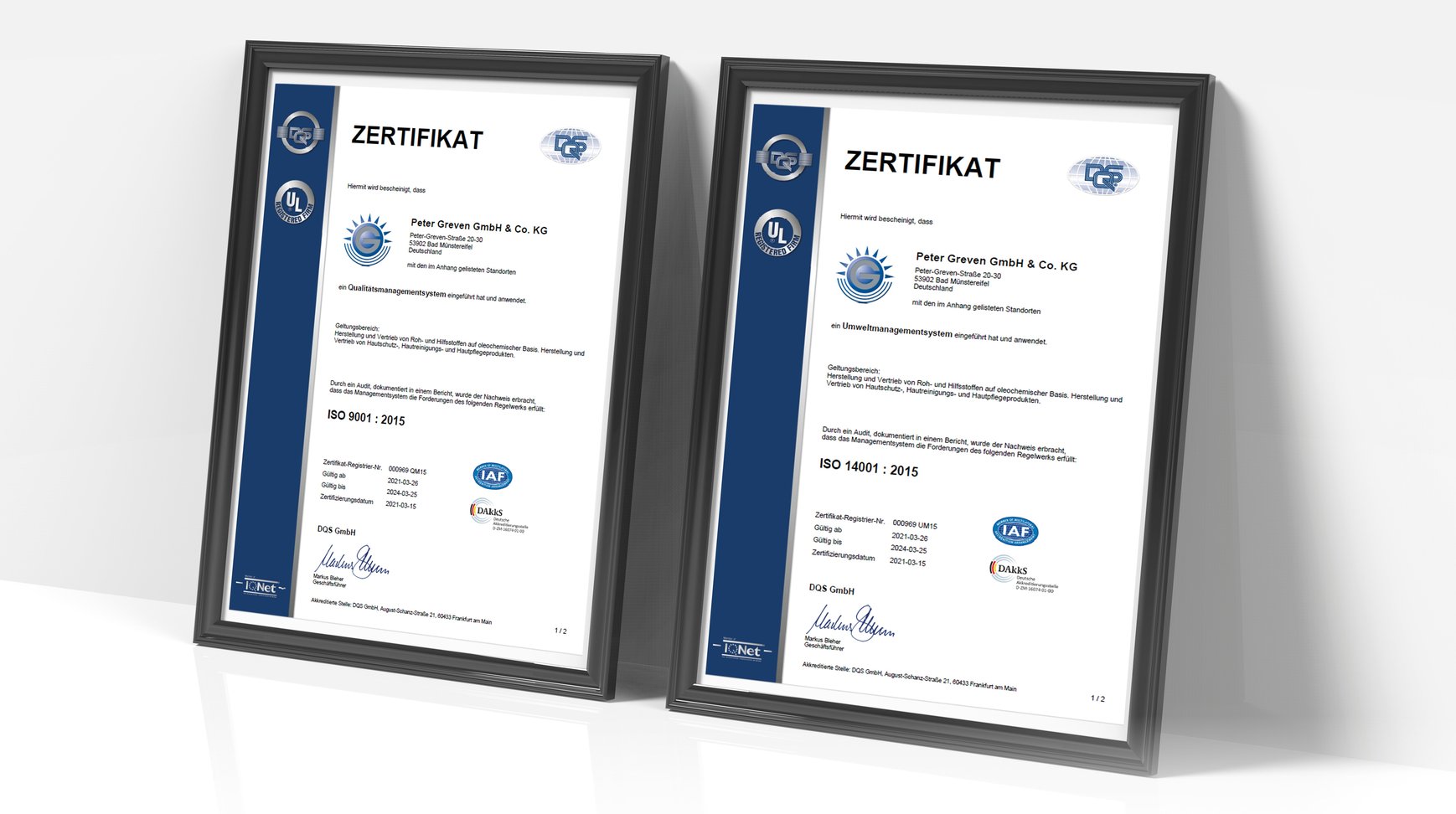
Quality and Environmental Management
As a globally active supplier in the field of occupational skin care, we offer comprehensive solutions. The Physioderm®, GREVEN®, LORDIN® and Myxal® product ranges are the basis of holistic skin care management. Along the value chain, we have been using the international standards for quality ISO 9001 and environment ISO 14001 for decades.
Social And Environmental Responsibility In The Supply Chain
To ensure social and environmental quality standards of key suppliers, PGP has a long-term sustainable purchasing strategy. All suppliers or the entire supply chain are involved in this. There are clear decision criteria for the selection of suppliers. The criteria and requirements for suppliers with regard to social and ecological responsibility are defined for the procurement or production of raw materials.
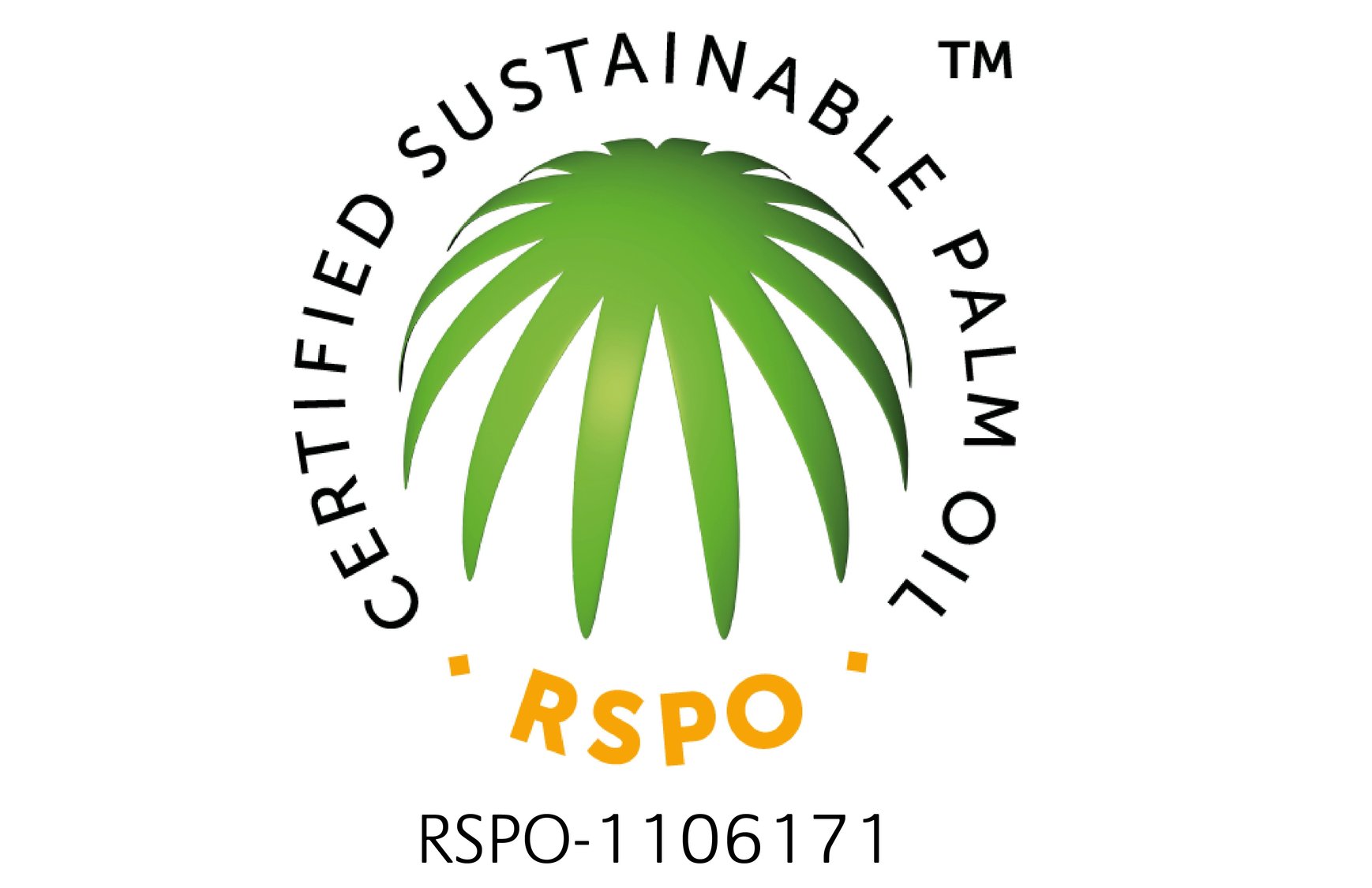
RSPO Certified Palm Kernel Oil
An important natural raw material used predominantly in cleaning products is palm kernel oil and its derivatives. We are focusing on the increased use of certified palm kernel oil, which is proven to come from sustainable sources.
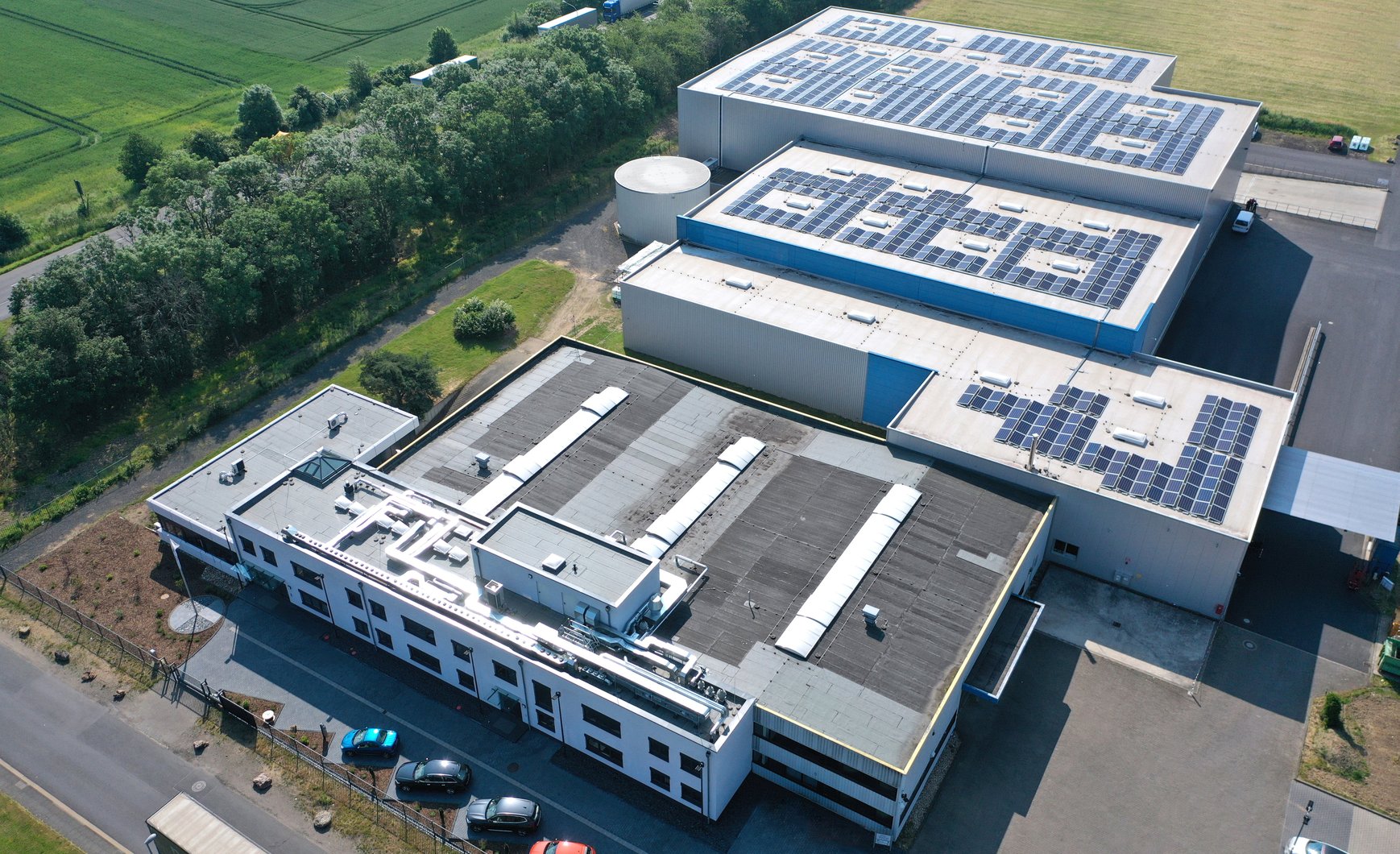
Ecological Aspects
Since the beginning of 2021, a very powerful photovoltaic system with 320 kWp (kilowatt peak) has been in operation. The system produces 289,000 kWh of electricity annually - equivalent to the average energy consumption of about 72 four-person households. In the first stage, around 43 percent of the solar energy produced will cover part of the electricity consumption at the PGP site; the remaining approximately 57 percent will be fed into the grid.
In the second step, the construction of a storage facility is planned, which would enable the photovoltaic system to cover the entire energy consumption at the PGP site. Among other things, the electricity will flow into two double charging columns so that electric and hybrid vehicles can be charged in a completely CO2-neutral manner at the company's parking lot.
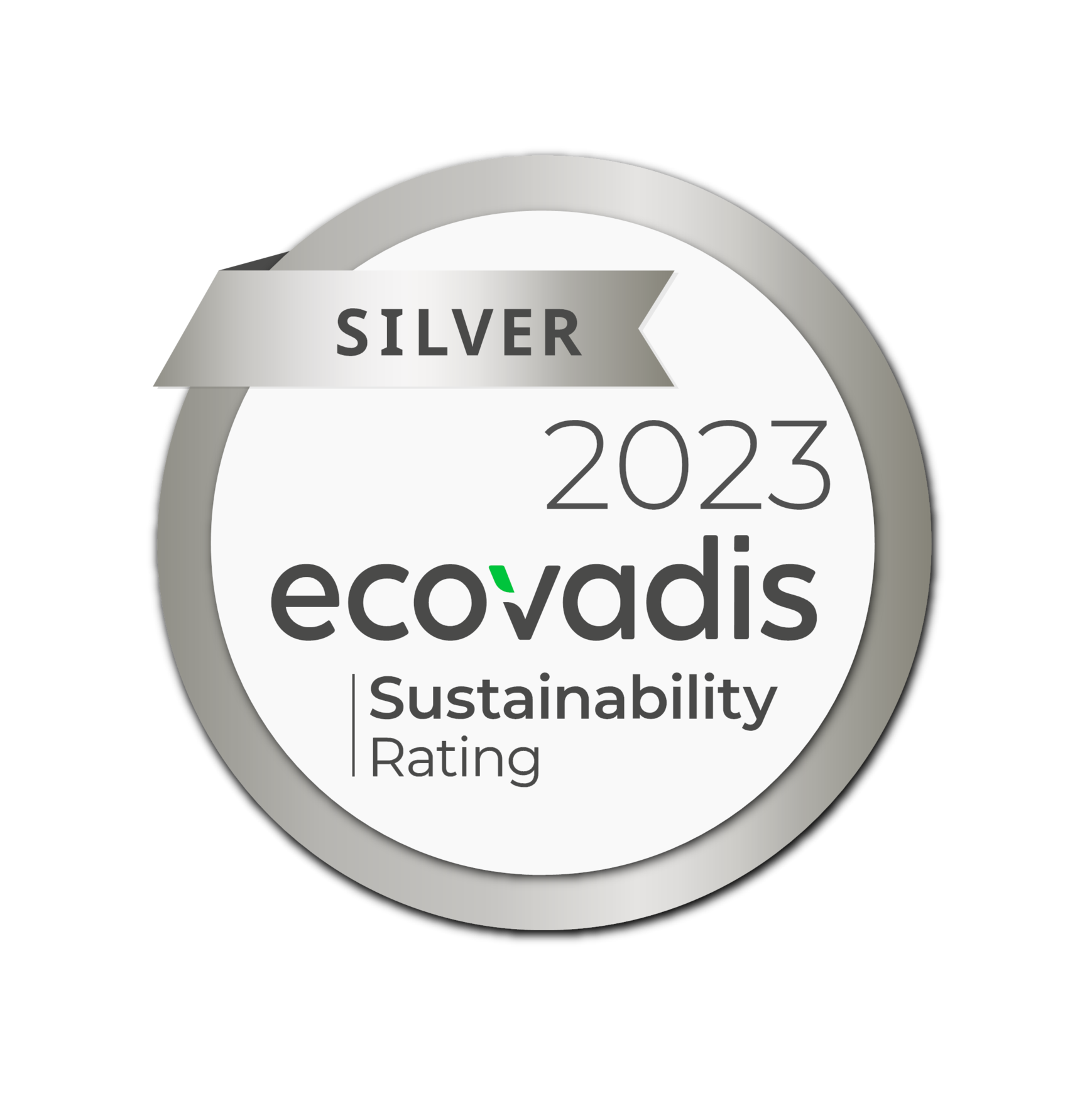
EcoVadis
We have had our sustainability activities assessed annually by EcoVadis since 2013. This gives us an external feedback on how well the topic is already integrated into our corporate activities. In the latest assessment, we were once again awarded silver status. This puts us among the 25% of top performers assessed by EcoVadis.
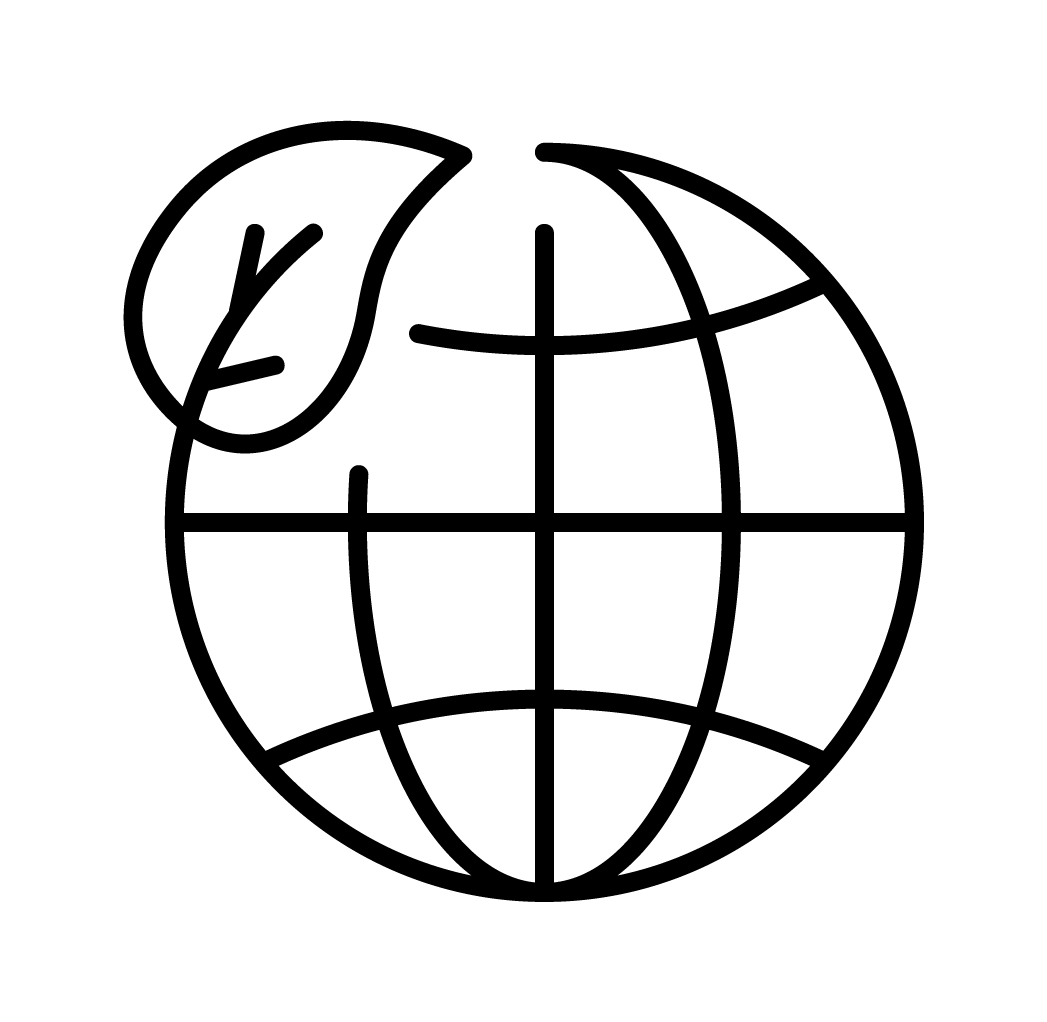
Climate Protection Strategy
With our climate protection strategy, we support the goals of the Paris Climate Agreement and the EU Green Deal. We are working continuously to reduce our greenhouse gas emissions and will report transparently on this.
We have set ourselves ambitious quantitative targets on our path toward climate neutrality. Following the science-based targets initiative (SBTi), we aim to reduce our on-site CO2 emissions for Scope 1 and Scope 2 by 46% by 2030 compared to the base year 2019. In addition, we also aim to measure and reduce emissions from our supply chain (Scope 3). With regard to our sites, we have set ourselves the goal of achieving net zero emissions at our headquarters in Bad Münstereifel by 2035 and globally in the Group by 2050.
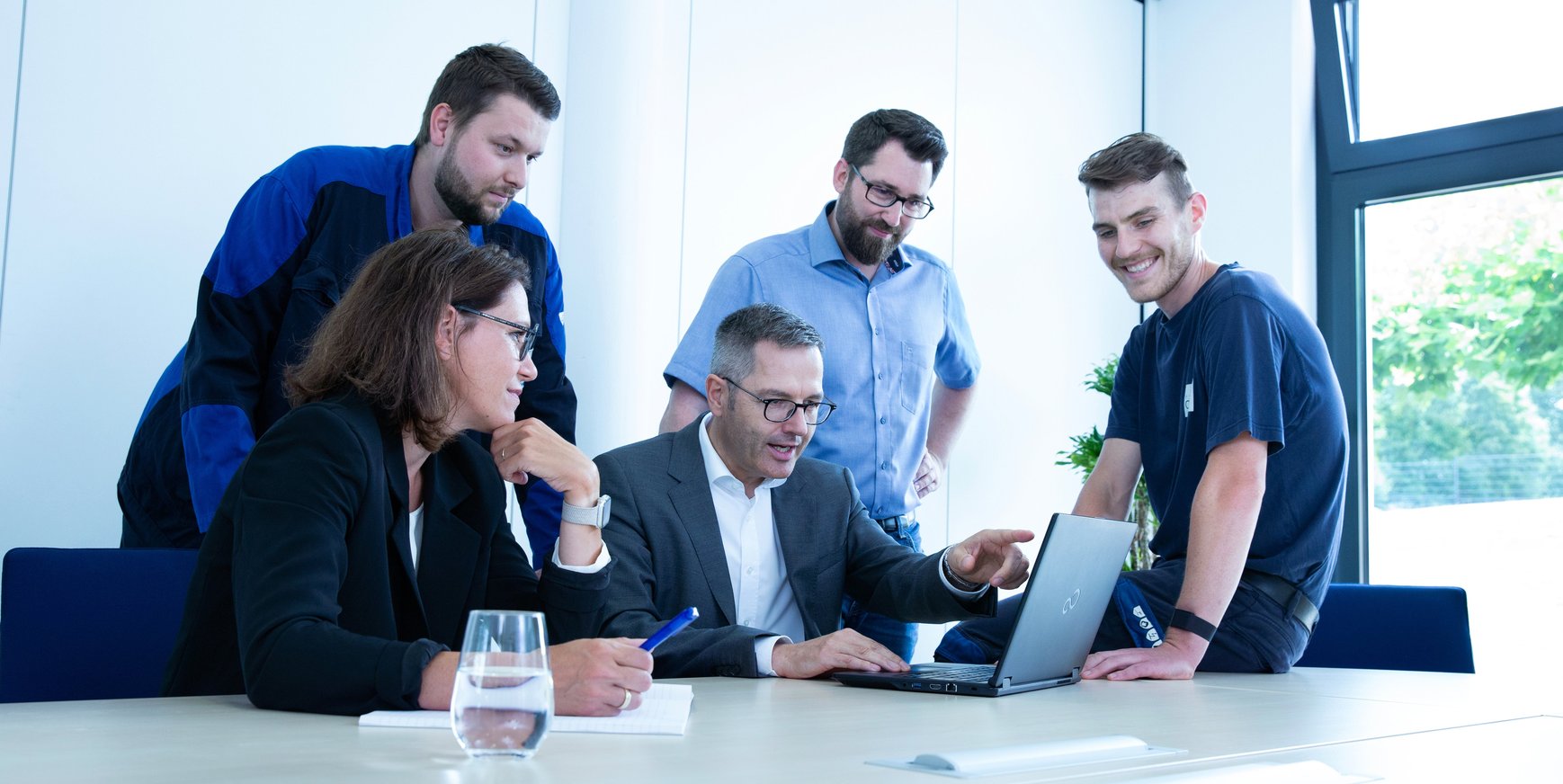
Social Responsibility
In addition to the company pension plan, PGP offers its employees bonuses and allowances as well as a personnel sale as non-cash benefits. Flexible working time models, e.g. in the form of time accounts or family-friendly working time arrangements such as flexitime and home office, are possible.
Regular exchange between management and employees takes place through an employee interests project group. In addition to the ergonomic design of workplaces, external fitness activities are financially supported.
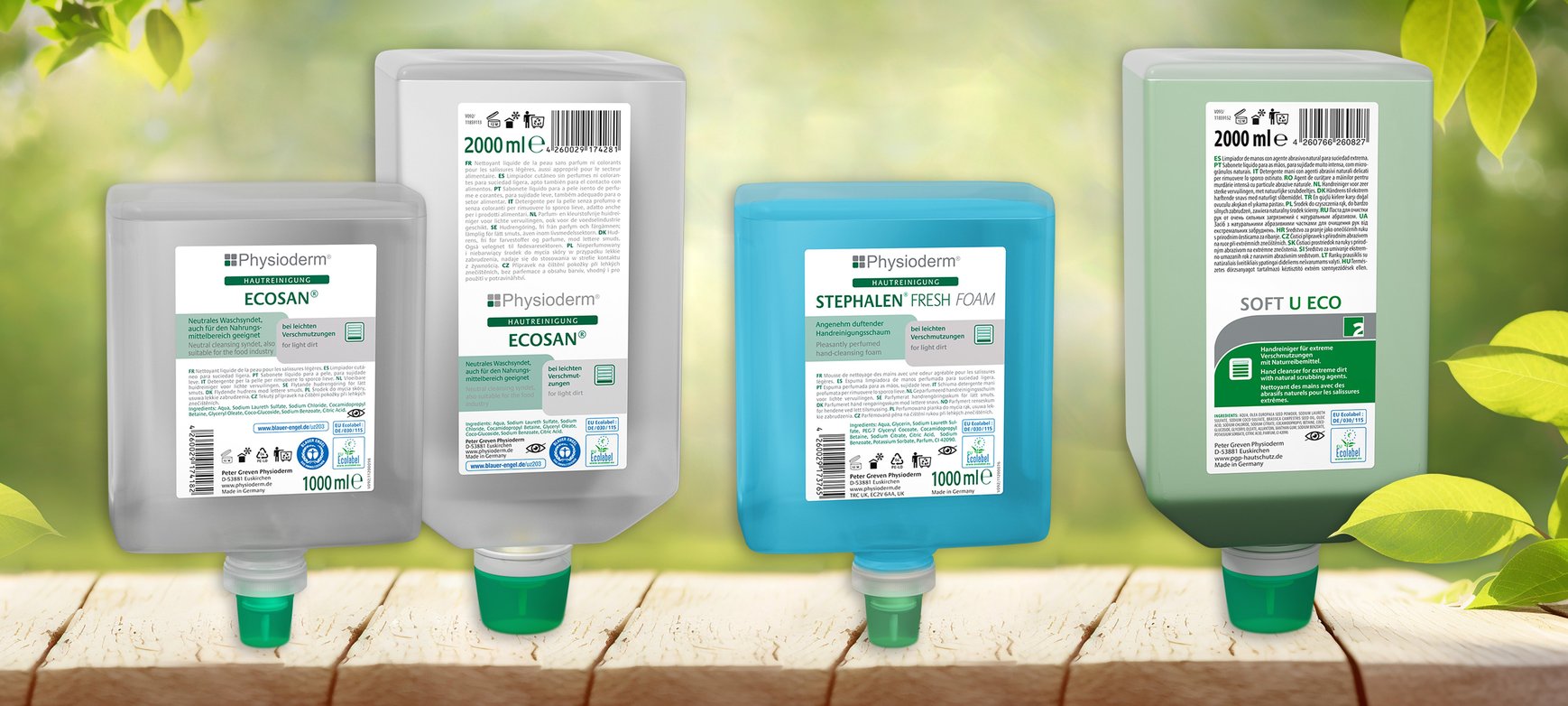
Certified Products
n the area of raw materials and packaging, PGP has set qualitative sustainability targets. Specifically, these include the switch to lighter and smaller packaging as well as the use of plastic recyclates and recycled cardboard packaging.
Certifications such as the EU Ecolabel and the BLUE ANGEL eco-label identify skin cleansers that are particularly sustainable. As voluntary labels, the criteria of the ecolabels go far beyond the legal requirements in terms of environmental compatibility.
Information Policy
Online Brochures
The reduction of waste and a careful use of our natural resources are very important to us! We therefore provide printed copies of our brochures only when required.
Product Information
For users of our products and for decision-makers inside and outside the company, we provide separate product information for each of our products, including information on the ingredients (INCI). This information can be found on our product websites.

Corporate Social Responsibility
The Peter Greven Group makes annual cash and in-kind donations for ecological, social and charitable purposes. In addition, regular sports sponsoring also takes place.
Together with numerous donations from colleagues, the Peter Greven Group also provided hygiene products for the people from Ukraine. A large part of the donations went to the Blau-Gelbes Kreuz Deutsch-Ukrainischer Verein e.V. association.
Memberships
Through PGP‘s membership in various associations, we have the opportunity to contribute to important topics by participation in working groups, preparation of statements, supply of data and participation in surveys.
